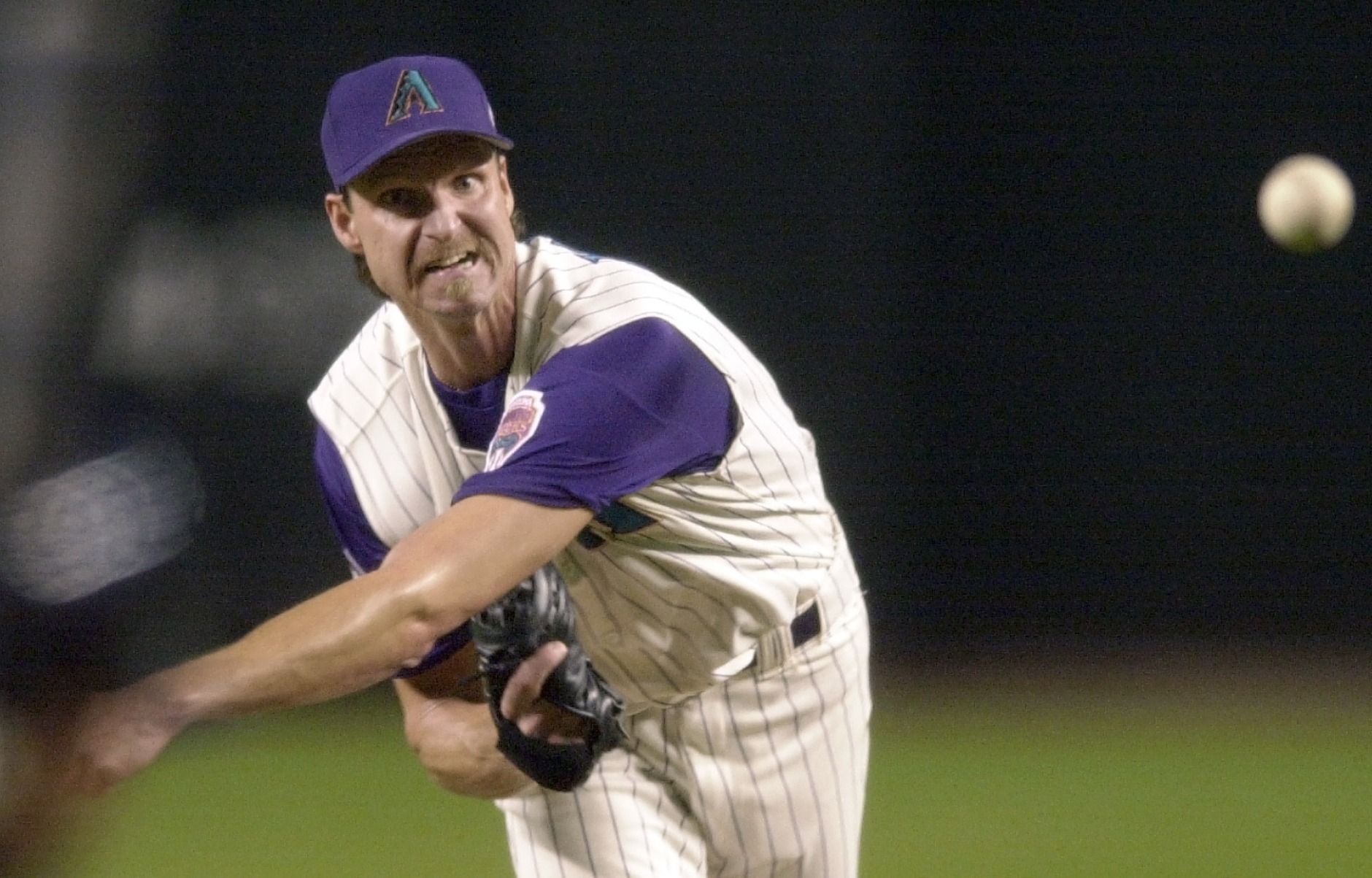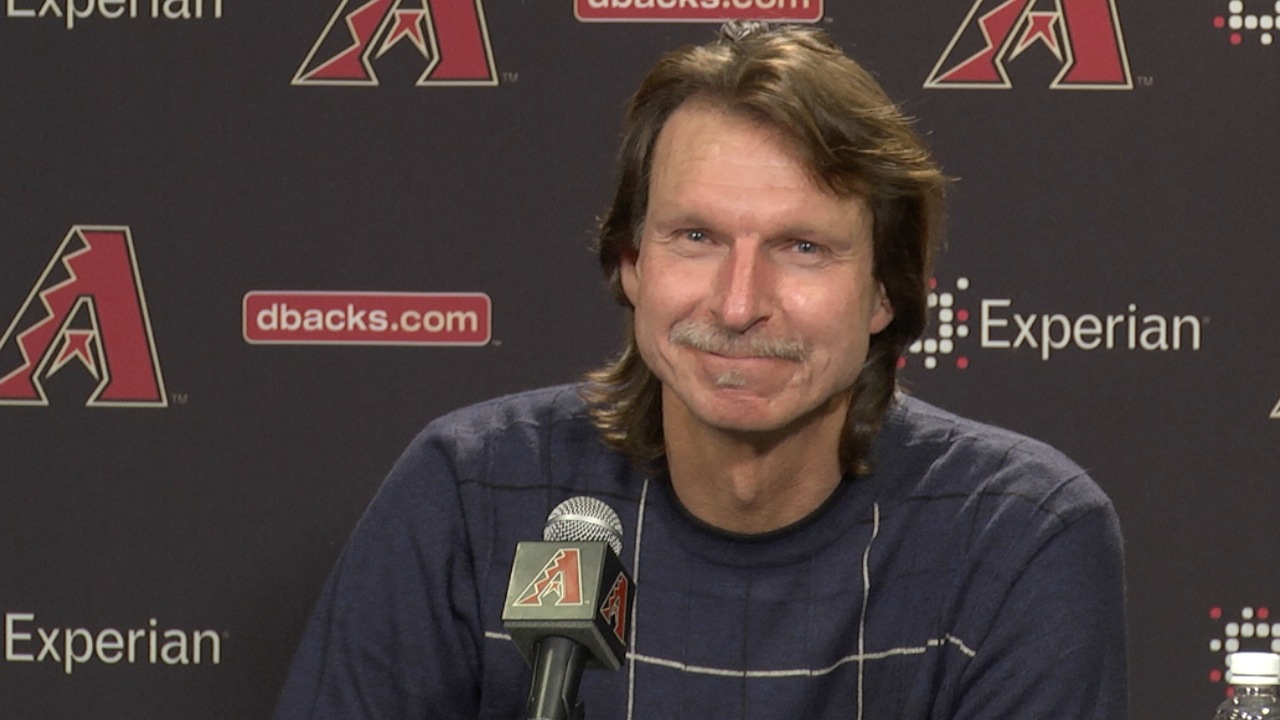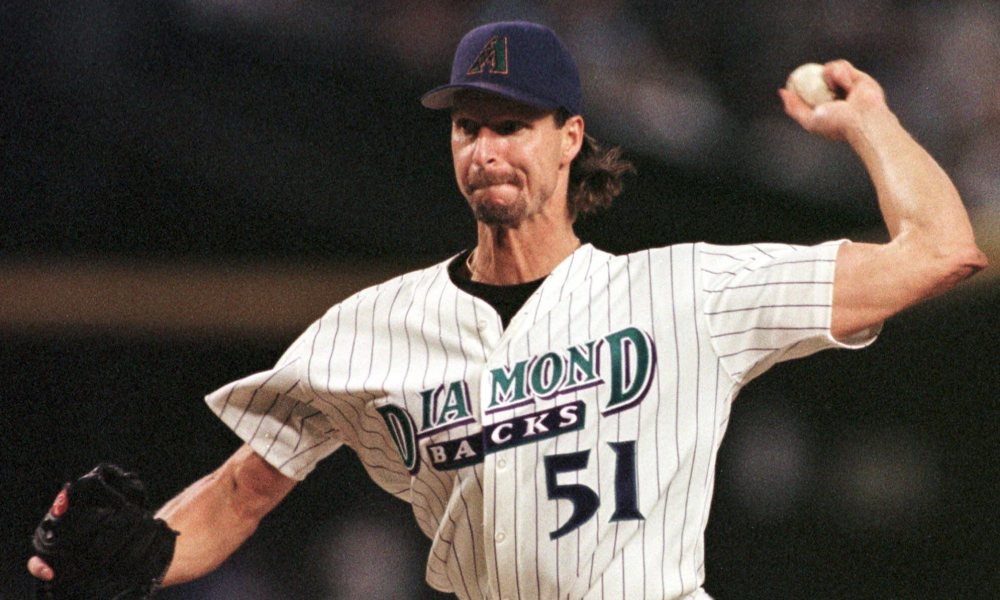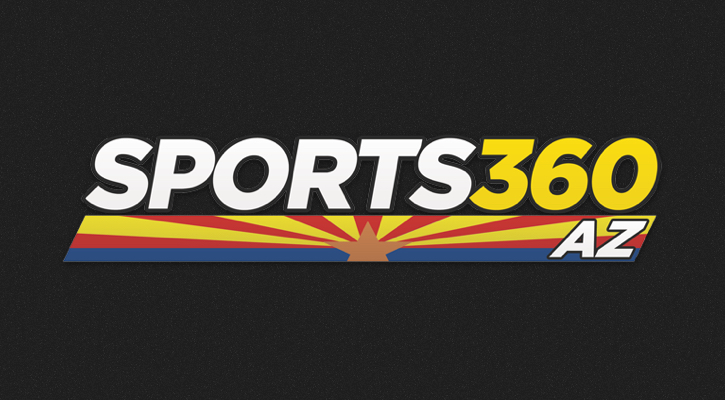Few had a better seat to watch Randy Johnson during the pinnacle of his career than Bob Brenly.
The two were together in the Valley for four years and helped the Arizona Diamondbacks win a World Series title in 2001.
As “The Big Unit” enters the National Baseball Hall of Fame Sunday in Cooperstown, New York Brenly reflected back on the good, bad and sometimes nearly indescribable moments managing one of the games all-time greats in a recent interview with Sports360AZ.com’s Brad Cesmat.
Describe walking out to the mound when Johnson was pitching: “Anytime I had to go to the mound for Randy, whether it was to talk over strategies for an opposing hitter or to take him out of a ballgame…he wasn’t happy. He didn’t want to be bothered. Once the umpire gave him the ball to start the ballgame he expected to be out there until the game was over…he felt it was his duty to his teammates, to the fan base and to the organization to take that ball and go out there and pitch until the game was over. I had a lot of uncomfortable meetings with Randy.”
What was your mindset with Johnson towards the end of Game 6 of the 2001 World Series? “Once we took a big lead I immediately started thinking about when do I pull the plug here in order for Randy to be effective if needed in Game 7. I got the answer [from Johnson about Game 7] that I expected. ‘Whatever it takes. You need me to pitch tomorrow night I’ll be ready to go.’…those guys were so committed to doing whatever it took to win the World Series. I fully ready to hear that Randy was ready, willing and able to pitch Game 7 if necessary.”
How would you describe the vibe inside the ballpark when Johnson came into Game 7? “I’ve been around baseball my whole life…for me it was the best non-action moment at a sporting event I ever saw. I didn’t involve a play on the field or a batter at the plate…you could just feel the electricity in the ballpark. You could just sense the anticipation of what we were about to see. I know I felt it. I had goosebumps…you could just sense something special was about to happen. Of course, anytime Randy stepped on the field you sensed something special was going to happen.”
Is Johnson’s former catcher Damian Miller somewhat overlooked in Big Unit’s accomplishments? “Damian Miller is one of the most underrated catchers in his era in my opinion…his defense. His pitch calling. His pitch framing. His ability to recognize non-verbal signals not only from Randy and Curt [Schilling] but from the entire pitching staff was invaluable to me as a manager. Damian was one of those guys who never [sought] out any credit. We knew how important Damian Miller was to the ball club….Damian should get a lot of credit for the success of Randy. His personality blended well with the intensity and the focus of Randy and Curt and other guys on our pitching staff.”
Related posts:
Eric Sorenson
A Valley native, Eric has had a passion for the Arizona sports scene since an early age. He has covered some of the biggest events including Super Bowls, national championships and the NBA and MLB playoffs in his near 20 years in local media.



